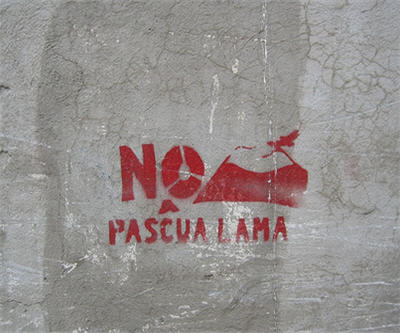Barrick to launch ‘vigorous defence’ against Pascua Lama class action

The world’s number one gold miner Barrick Gold said over the weekend it would “vigorously defend” against a class action lawsuit over its troubled Pascua Lama project in South America.
The Merchant Law Group recently filed the lawsuits with courts in Ontario and Alberta on behalf of investors who acquired Barrick stock between May 7, 2009 and May 23, 2013.
Shares in the $22.3 billion company lost 44% of its value over that time period, with a large chunk of the losses coming in April and May last year when the Toronto-based firm tapped markets for $3 billion to pay down debts.
The class actions allege that Barrick Gold shareholders lost billions of dollars as a result of Barrick’s “misrepresentations and failures” regarding the stalled $8.5 billion project and names the company as well as chief executive Jamie Sokalsky, chief financial officer Ammar Al-joundi and former chief executive Aaron Regent.
“The company is aware that a notice of action has been filed in the Ontario Superior Court of Justice. Barrick disputes the allegations, and will defend itself against any lawsuit vigorously,” Barrick spokesperson Andy Lloyd said in an emailed statement to tells Mining Weekly .

Barrick gold stopped construction of Pascua Lama in October as part of its debt-reduction and cost-cutting program and after fierce opposition from local communities and environmental groups.
The project which straddles the Chilean-Argentinian border high in the Andes, suffered a number of defeats in Chilean courts about water use and the impact on glaciers in the area.
Argentina has been a vigorous backer of the project. While only around a fifth of the deposit is located in Argentina many of the above-ground facilities will be built on that side of the border. Barrick recently laid off 1,500 of the 5,000 workers on the Argentinian side.
If it goes into production the mine is expected to produce about 800,000 to 850,000 ounces of gold and 35 million ounces of silver in the first five years of its 25 year life.
Barrick is spending $300 million this year to mothball the project, but Pascua Lama has a long history that dates back to the mid-1990s.
Here’s a timeline up to the suspension of the project in October 2013:
{{ commodity.name }}
{{ post.title }}
{{ post.date }}




Comments